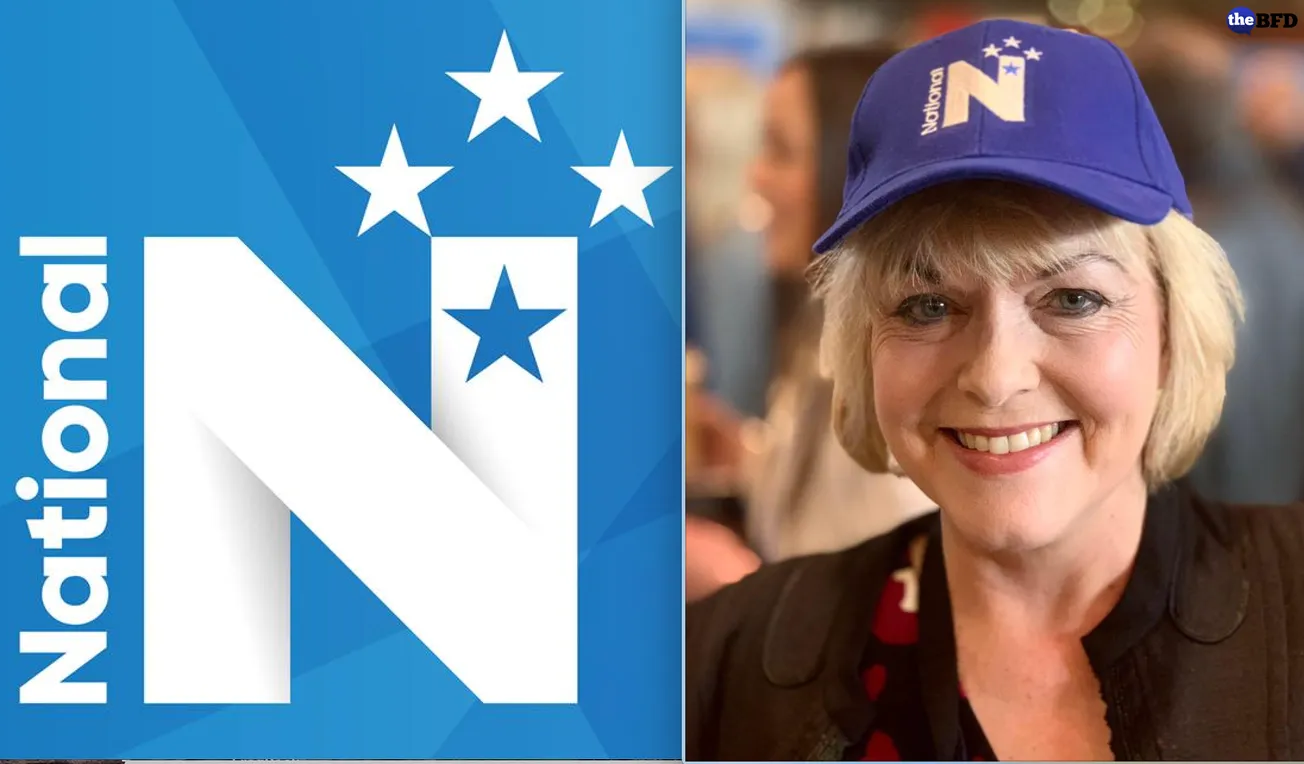Table of Contents
Hon Judith Collins
judithcollins.national.org.nz

A Budget for benefits not jobs
The government has surprised everyone with their policies over recent weeks as they softened us up for their fourth Budget announced last week.
It was interesting that we saw announcements that public sector employees would face a wage freeze for three years. This was going to immediately affect thousands of professionals working in the crucial areas of health, education, police, corrections and emergency workers. These people had to work all the way through the pandemic and rewarding them with a pay freeze because of the costs relating to Covid-19 was a very poor move that the government has partially backed down from.
I note there has been a huge increase in the number of bureaucrats employed by the current Parliament that has cost $1.3billion so was this a factor in the wage freeze?
The Budget 2021 that we have received is a “Budget for benefits not for jobs”.
The Budget does little for hard-working middle-income New Zealanders as it offers no tax relief and contains nothing to increase housing supply and reduce rents.
Health NZ and Maori Health Authority
Where did this idea of centralising our health system come from? He Puapua? Where was this signalled in Labour’s pre-election manifesto?
We have few details on the plans or what the budget for this might be. Our National health spokesperson Dr Shane Reti wonders what it will mean for our regions. They will lose their voice, their funding and their autonomy.
The government is replacing DHB’s with a ‘single harmonious health system’ called Health New Zealand it will include a separate Maori Health Authority that will have a power of veto. Our National Opposition says this is implementation of two systems by stealth. It is also going to be vastly expensive with the Minister of Finance putting $486million into the Budget for the restructure. This is money urgently needed to provide more services under the current system.
Our existing health system needs money for medicines, cancer treatment, mental health and operations, now. And we need to reward and support our health professionals to stay in the sector as well as encourage more people into being health workers just to meet the current over-demand.
Water ownership
Recently the government announced that it wants to change the way drinking water, waste water and sewerage is managed by taking control from local and regional councils and centralising it into the control of four to six new mega-organisations. The Minister has put $296million into the Budget for the restructure. Is this what the previously announced infrastructure fund will be used for? Not pipes in the ground, treatment plants and much needed roading and rail improvements?
It appears that the ‘three waters scheme’ as it is called, will result in the South Island Ngai Tahu being in a co-governance role with one mega-authority.
While in the North Island there would be four to five authorities and up to 50 iwi in the co-governance roles.
All local investment in water infrastructure over the last decades would be taken from local rate payers’ control. This would disadvantage many who have contributed to their local authorities’ infrastructure over decades and essentially have ownership of that infrastructure.
In Auckland for example rate payers have paid for the infrastructure for water, waste water and sewerage disposal directly to Watercare through their rates for almost 20 years. Amalgamation with regions who have not made these investments would definitely drive up water management costs for everyone.
I find myself agreeing with the Mayor of Auckland Phil Goff who questions the efficiency, accountability and cost of such a system for Auckland and indeed for the whole country.
These issues are being discussed around the country and you may contact your local MP to voice your opinions or concerns.
Kind regards,
Judith

Hon Judith Collins
http://judithcollins.national.org.nz/
Please share this BFD article so others can discover The BFD.









